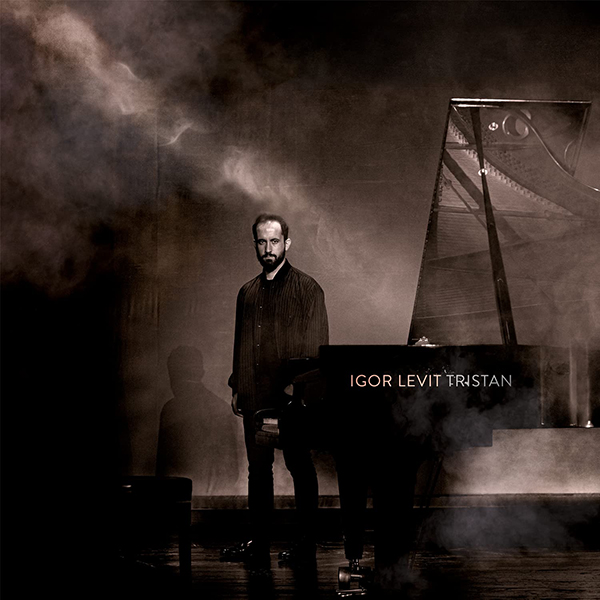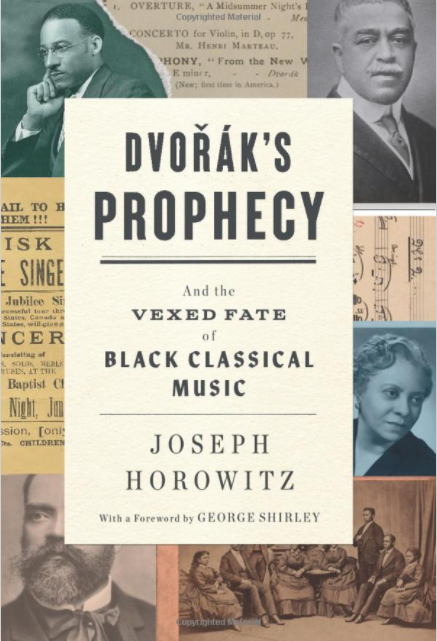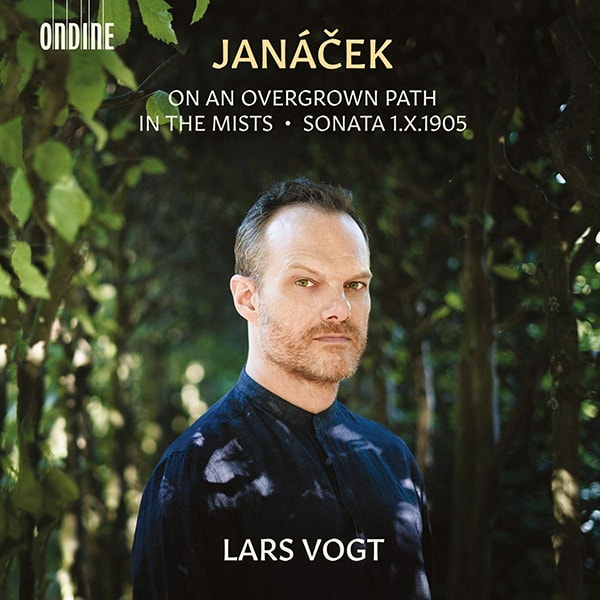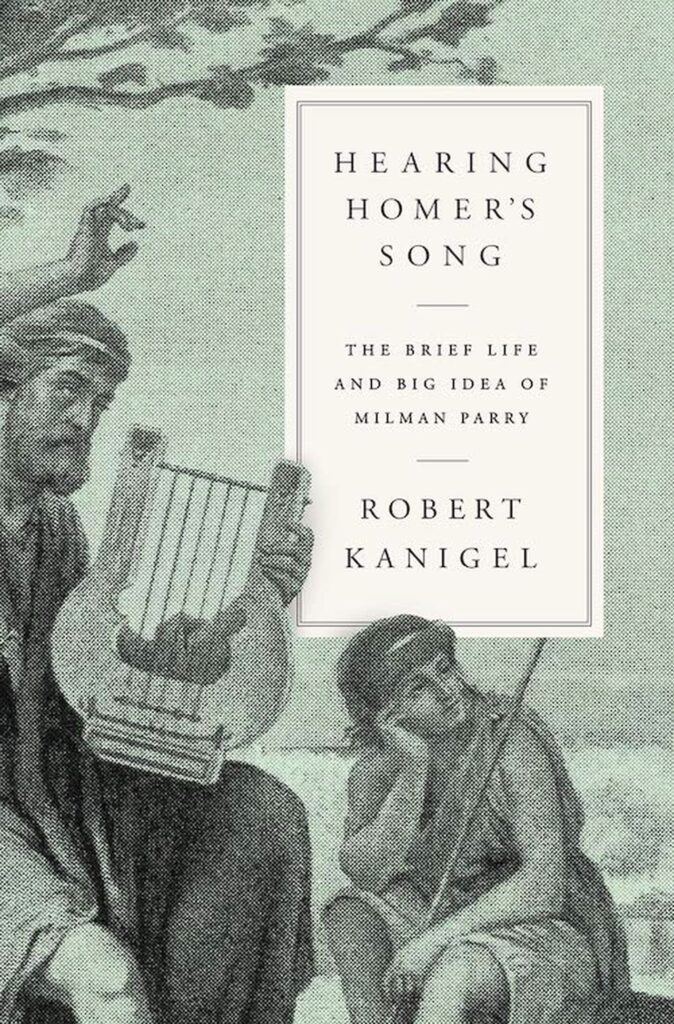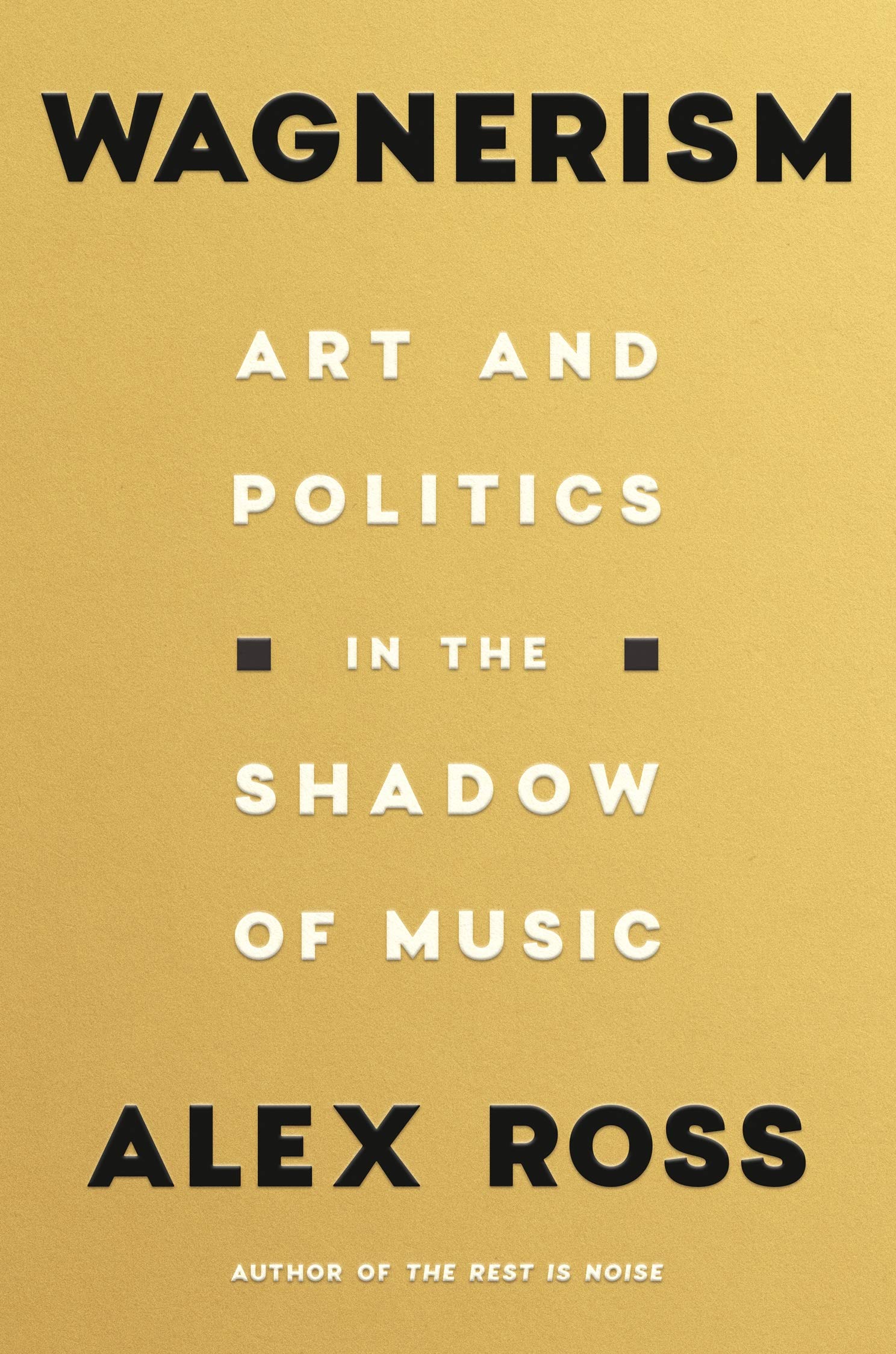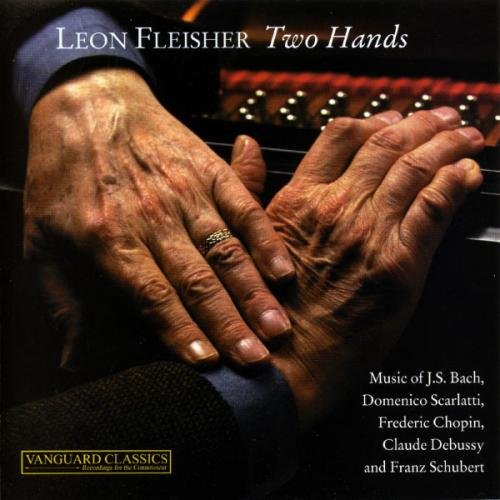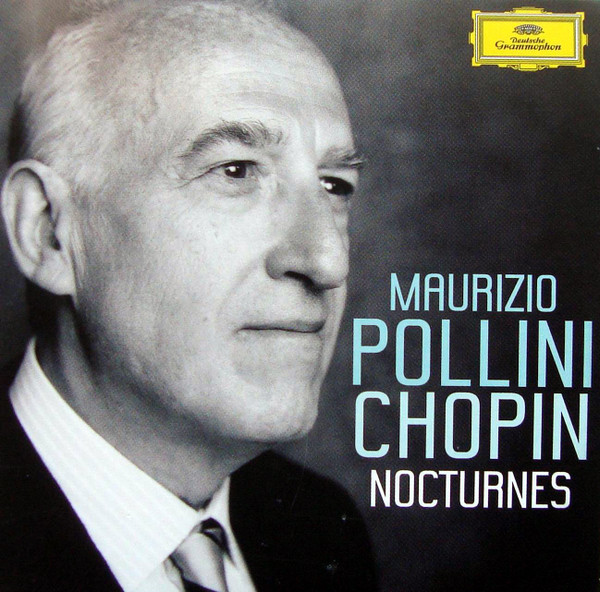classical
Pianists and Vampires
Orchestral Reductions: Levit, Ax, Kavakos, and Ma
Copper Magazine, issue 175, November 2022
EVEN AS THEY SURVEY the widest solo repertoire of all, pianists are always stealing material written for others. They’re not happy with their two bravura Brahms concertos that work both as virtuoso showpieces and on a symphonic scale; they want to play the Brahms Violin Concerto in transcription and pretend they can hold a note as beautifully as any fiddler (pianist Dejan Lazic dared to record his version as “Brahms’s Piano Concerto No. 3” (!) after Violin Concerto, Op. 77). Franz Liszt turned all of Beethoven’s symphonies into two- and four-hand piano transcriptions for the sheer joy of playing this music as recreation. As pianos became a piece of furniture throughout the 19thcentury, before radio and television, it signaled both educated status and a familial orientation.
Childlike Wisdom
Soviet Pianist Maria Yudina Converses With Greatness
The Los Angeles Review of Books, August 4, 2022
DMITRI SHOSTAKOVICH LIKED to tell a story about the legendary pianist Maria Yudina and her riveting 1953 radio broadcast of Mozart’s Piano Concerto in A Major, K. 488. Apparently, the music wafted into Joseph Stalin’s quarters, and, smitten, he requested a tape of her performance be pressed onto shellac and delivered to him by morning. He never woke up to hear it, though, since he suffered his fatal heart attack later that night. The story — too good for reality, perfect as myth — has lingered as a testament to Yudina’s artistry; Armando Iannucci even opens his buckled farce The Death of Stalin (2017) with a dramatization of the scene. In Playing with Fire: The Story of Maria Yudina, Pianist in Stalin’s Russia, Elizabeth Wilson closes the door on the tale as history in her first appendix.
What’s beyond mythic is how Yudina plays Mozart’s disconsolate slow movement. This adagio (in F-sharp minor), made more poignant by the enchantments of its major-mode bookends, has a delicate instability that stays with you, and Yudina’s relatively slow tempo doesn’t lag so much as echo some ancient internal grief. Her pianism has an uncanny transparency, as though her fingers channel some higher realm of expression…
Who Needs a “National” Music?
On Joseph Horowitz and the American Style
Los Angeles Review of Books, January 28, 2022
Why is one of our most high-profile critics arguing about “usable pasts” and “national styles” at this stage, anyway? Haven’t we white guys screwed things up enough already?
IF YOU’RE LIKE most people, the classical canon tosses up the occasional kink. Some will tell you with the straightest of faces that they “don’t like” Mozart. Others insist on Bruckner over Mahler, as if they were rival baseball teams. Me, I’ve never thrilled to Antonín Dvořák’s New World Symphony, written during the Czech composer’s celebrated 1890s visit to America, where he came to believe that “Negro” Spirituals and indigenous folk songs pointed toward a new national style. Many learned friends I respect and admire treasure both this Dvořák symphony and its theoretical frame. To me, it suggests George Bernard Shaw’s epithet about Tchaikovsky: “[He] had a thoroughly Byronic power of being tragic, momentous, romantic about nothing at all.” With his Slavonic Dances, his Serenade for Strings, and much of his chamber music, Dvořák hints at greater depths and even outdoes Tchaikovsky for charm. But for me, his cornerstone Ninth Symphony has always sounded like a score in search of a movie, a musical melodrama. Luckily, my esteemed companions mostly forgive my deaf spot.
Alternate Realities
Lars Vogt plays Leos Janacek, Copper Magazine, Issue 146, September 21, 2021
WITH HIS TART rhythms and uneasy tonality, Leoš Janáček, a late Romantic Czech composer and early innovator in folk musicology, circles his own little cul-de-sac. Among the first to use Edison’s “portable” phonograph to compile Moravian and Slavic folk songs, few understand how his modal experiments rival Claude Debussy as tonal innovator, and his jittery rhythmic sense has just enough rarefied dander to limit his reach; both Antonín Dvořák and Bedřich Smetana overshadow Janáček as nationalist composers…
Born-Again Brahms
Andras Schiff with the Orchestra of the Age of Enlightenment, Copper Magazine, issue 140, July 5, 2021
The intrepid Hungarian pianist András Schiff has pressed against received wisdom since indulging in Bach early on and rarely programming any Chopin (a cornerstone of any pianist’s repertoire). You can count his 1989 recording of the first Brahms concerto (with Georg Solti) as a solid if unremarkable release. But his Romantic impulses tilt more towards Schubert (his tempting sonata cycle on the London label), his emotional anchor soars with Beethoven (complete sonatas on ECM), and his modernism leaves off at Bartok. Schiff focused on Schumann long before much of Brahms, he doesn’t go near Liszt, and programs a lot of Scarlatti. Such relatively conservative taste now skews adventurous as he approaches 70…
The Darwin of the Classics
Hearing Homer’s Songs by Robert Kanigal, LA Review of Books, May 3, 2021
HOMER’S ILIAD AND ODYSSEY, the founding “documents” of Western literature, have a long and cantankerous history as “texts.” Scholars have long argued over their authorship, whether a man called Homer actually composed the stories or else transcribed or dictated a long-standing oral tradition. Most agree that the stories compiled in these poems found written form around the eighth or seventh century BCE after circulating for several centuries following the Trojan War, which both epics chronicle…
The Gigantor of Art
Alex Ross’ new book Wagnerism, LA Review of Books, September 15, 2020
In an episode of Curb Your Enthusiasm called “Trick or Treat,” Larry David whistles Richard Wagner’s “Siegfried Idyll” outside a movie theater. Another patron confronts him about how he must be a self-hating Jew to whistle Wagner so nonchalantly; after all, the Nazis played that music in the camps. Alex Ross describes this scene, in his dense new book Wagnerism: Art and Politics in the Shadow of Music.
Two Hands
The story of how pianist Leon Fleisher overcame a debilitating aliment that crippled his right hand and made a triumphant return to the concert stage is told in a Oscar-nominated documentary that airs tomorrow night on the Cinemax cable channel. Here & Now’s Tim Riley has a preview.
Here and Now’s music Tim Riley explores the work of classical pianist Maurizio Pollini who’s released a new CD of Chopin Nocturnes.
Serkin, Gould, and the Pianist’s Ideal, truthdig, 2018
Elitism for Dummies: Leonard Bernstein’s young People’s Concerts (DVD), 2005
Variations on Musical Form, WNYC’s Soundcheck, 2003
